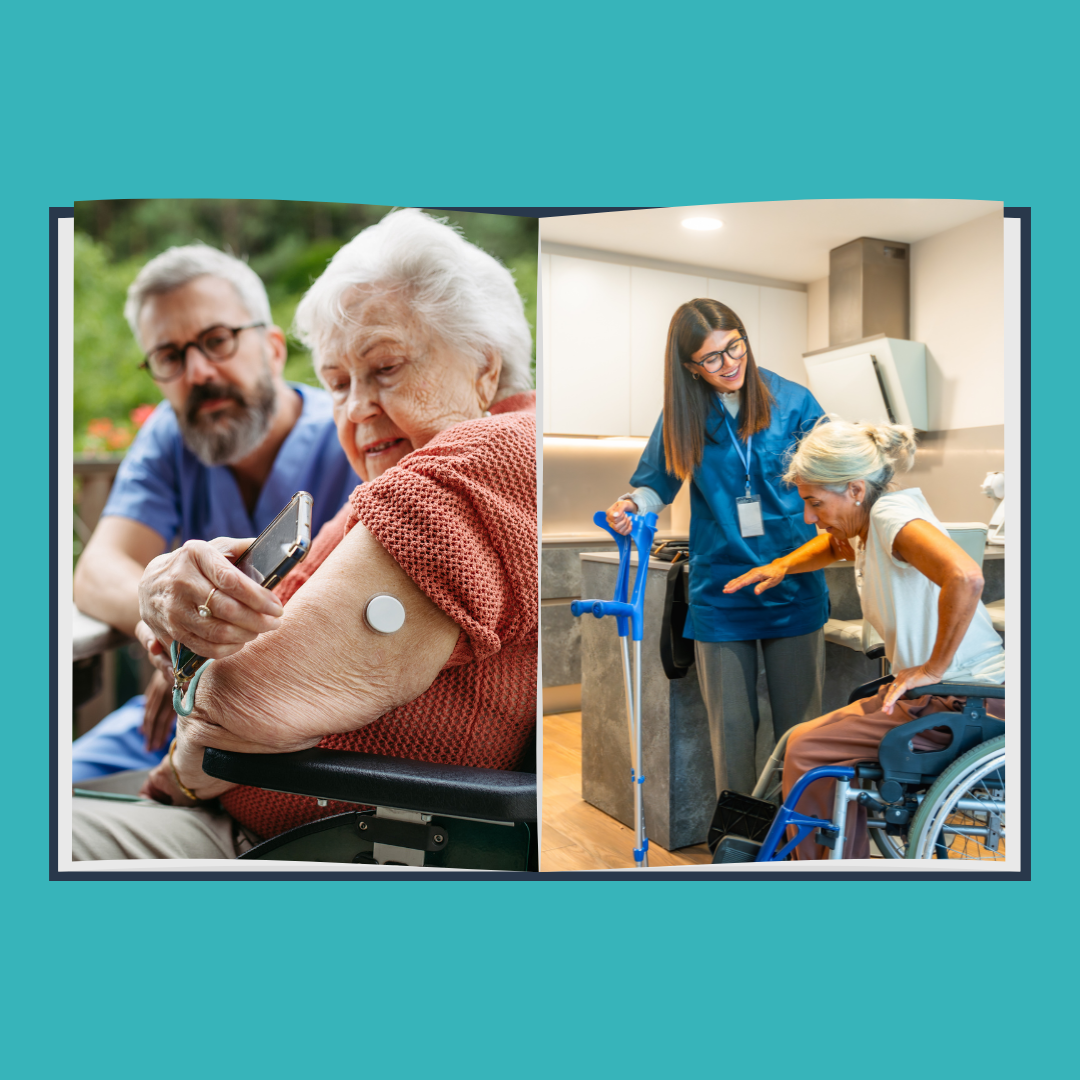New Paragraph
October 2, 2023
Enhancing Bed-Bound Patients' Lives: Home Care Providers in Action
Introduction Life can take unexpected turns, and for some individuals, that path may lead to a bed-bound condition due to illness, injury, or chronic health issues. Being confined to a bed can be a daunting experience, not only for the person affected but also for their loved ones. In such challenging circumstances, the presence of a home care or personal care provider can make a world of difference. In this blog post, we'll explore why bed-bound patients greatly benefit from home care or personal care providers and how these caregivers empower individuals to maintain a sense of independence and dignity despite their limitations.
1. Customized Care for Unique Needs
One of the primary reasons why bed-bound patients benefit from home care or personal care providers is the tailored support they provide. Each patient has a distinct medical condition and specific care requirements. Home care and personal care providers conduct thorough assessments to create customized care plans that address each patient's unique needs. These plans encompass a range of services, including wound care, medication management, and assistance with daily activities, ensuring the patient receives the most suitable and effective care.
2. Comfort and Familiarity of Home
Home is where individuals feel most comfortable and at ease. For bed-bound patients, being able to stay in their own familiar environment can significantly contribute to their emotional well-being. Home care and personal care providers bring medical expertise and compassionate care directly to the patient's home, reducing the stress and anxiety associated with hospital stays or unfamiliar surroundings.
3. Promoting Independence and Confidence
Bed-bound individuals often struggle with feelings of helplessness and dependency. Home care and personal care providers are trained to encourage and support patients in regaining their independence to the best extent possible. They work on rehabilitation exercises, provide mobility assistance, and offer guidance, helping patients regain their strength and self-confidence.
4. Preventing Complications Through Vigilance
Bed-bound patients face a higher risk of developing complications, such as pressure ulcers, infections, and muscle atrophy. Home care and personal care providers play a vital role in preventing these issues by conducting regular assessments, repositioning patients, and implementing proper wound care techniques. Their vigilance can significantly impact the patient's recovery journey.
5. Precise Medication Management
Managing medications is a critical aspect of caring for bed-bound patients. Home care and personal care providers ensure that patients take their prescribed medications at the correct times and in the appropriate dosages. This not only controls symptoms and manages pain but also helps prevent potential adverse drug interactions.
6. Emotional Support and Companionship
The emotional toll of being bed-bound can be profound. Home care and personal care providers offer more than just physical care; they also provide emotional support and companionship. They lend a listening ear, offer encouragement, and combat feelings of loneliness and depression.
7. Respite for Family Caregivers
Families often take on the role of caregivers when a loved one becomes bed-bound. While their support is invaluable, it can also be physically and emotionally taxing. Home care and personal care providers offer much-needed respite to family caregivers, allowing them to rest, rejuvenate, and focus on their well-being.
Conclusion
For bed-bound patients, home care and personal care providers are invaluable allies in their journey toward recovery and improved well-being. These dedicated professionals offer tailored care, maintain the comfort of home, promote independence, prevent complications, manage medications, provide emotional support, and give respite to family caregivers. In doing so, they empower bed-bound individuals to maintain their sense of dignity and independence despite their limitations. The presence of a home care or personal care provider can be a source of hope and empowerment in challenging times.

Falls are the leading cause of injury among seniors—and one of the main reasons families begin considering in-home care. A single fall can lead to fractures, hospital stays, or long-term loss of independence. Why Seniors Are at Higher Risk • Muscle weakness and balance issues • Vision or hearing loss • Medication side effects • Cluttered or poorly lit living spaces • Chronic health conditions After a fall, many seniors become fearful of moving, which further increases weakness and fall risk. Signs a Senior May Be at Risk • Unsteady walking or holding onto furniture • Difficulty standing from a seated position • Frequent bruises or unexplained injuries • Avoiding stairs or certain areas of the home How In-Home Care Prevents Falls Caregivers help by: • Assisting with walking and transfers • Identifying and reducing home hazards • Encouraging safe movement • Monitoring physical changes • Providing immediate help when needed Preventive care allows seniors to stay active, confident, and safe—reducing the likelihood of emergency situations.








